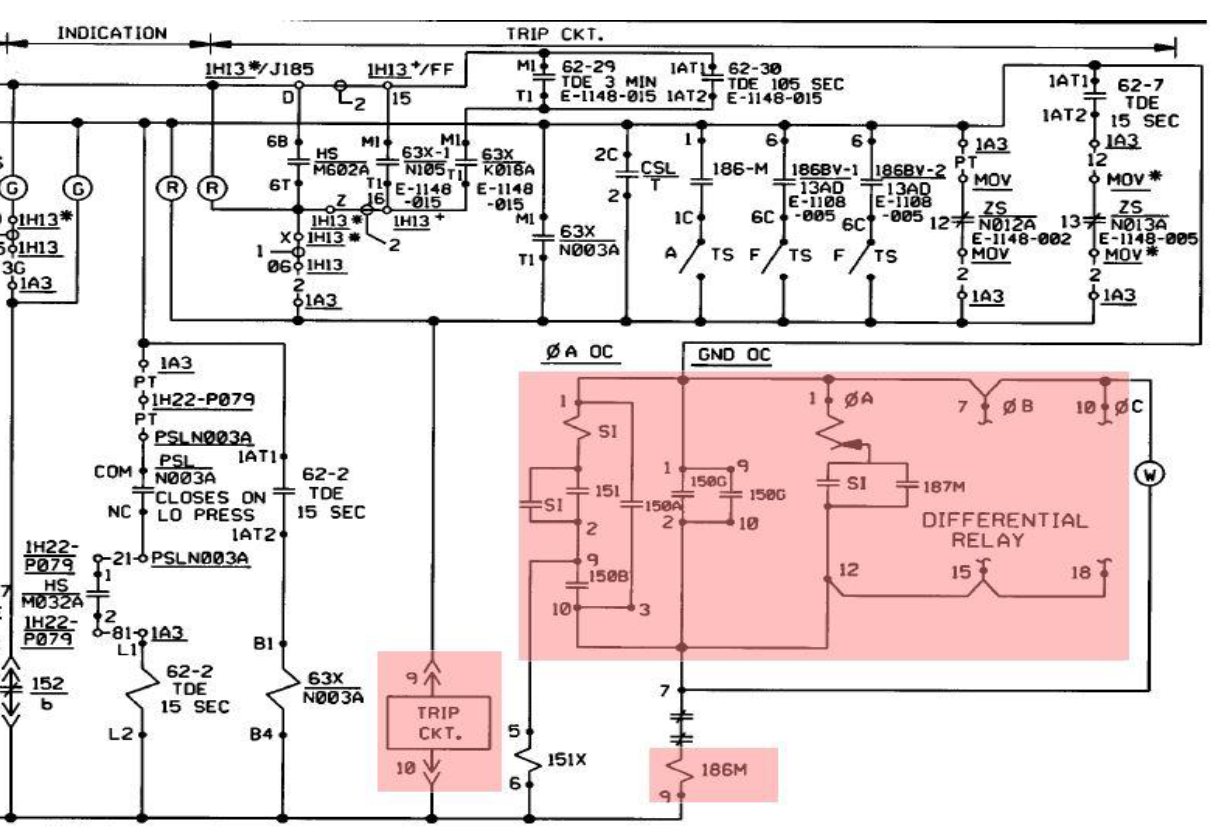SCRAM/Down-Power Vulnerability Assessments
Reducing the probability of unplanned plant transients

Vulnerabilities as a result of design deficiencies can lead to unplanned down-powers and reactor emergency shutdowns, or SCRAMs. Latent vulnerabilities pose a significantly greater risk to nuclear stations than obvious or active vulnerabilities due to the fact that identification of a latent vulnerability may not occur until it causes a plant event. Vulnerability assessments offer one method to identify latent issues and subsequently reduce the probability of unplanned plant transients.